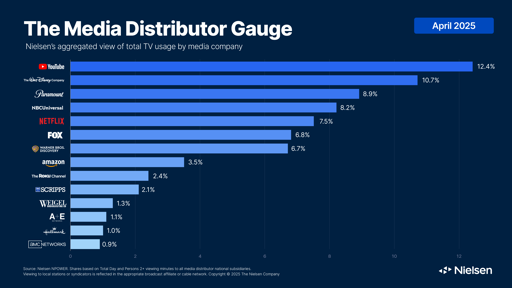Facebook is asking to use Meta AI on photos in your camera roll you haven’t yet shared
-
Facebook works perfectly fine in browser, there's literally no need for that shit app.
-
Forgot WhatsApp there, de facto messaging app in my part of globe, be it young or old…
Same here. I wanted to include it too but it is not as quite bad as the other two(at least I hope so because I can't avoid it). But yeah you never know with these Meta apps.
-

-
"Nice dick bro, ever wondered how it would look in a Studio Ghibli movie?"
That brings up a good point though. Based on just the screenshot here, it seems like the user wont have a choice of what gets uploaded. People keep some pretty raunchy photos on their phone sometimes. Even kids might have some questionable photos. This is just asking for trouble.
-
No telling what else they do with your pictures once they're on Meta's servers. Literal spyware (as if it hasn't already been for a long time).
Imagine having your nudes accidentally ghiblified, with the originals stored indefinitely on Meta's servers.
In have a simple solution to that one: don't take nudes.
-
Yes. Just because the feature isn't useful to you doesn't mean it won't be useful to others.
-
Facebook works perfectly fine in browser, there's literally no need for that shit app.
It actually doesn't, they lock you out of messenger unless you're using the app
-
People still use the Facebook spyware app on their phone?
More people use Facebook today than in 2015 when you were using it.
About 2x more people.
-
More people use Facebook today than in 2015 when you were using it.
About 2x more people.
Is that mainly in India and Southeast Asia? For some people there Facebook is “the internet”, almost like a modern day AOL. Zuck would jizz himself if he could send you free trial CDs twice a week packed with his spyware.
-
More people use Facebook today than in 2015 when you were using it.
About 2x more people.
I mean I still use it sometimes, I just don't use that app. It used to be one of my heaviest battery drains even though I didn't even use it more than a few times a week.
-
It actually doesn't, they lock you out of messenger unless you're using the app
I use messenger on Facebook web through. I do have the app as well, but the web works.
-
Nb4 a "bug" causes that setting to be true for all users just like with the cambridge analitica scandal
-
Is that mainly in India and Southeast Asia? For some people there Facebook is “the internet”, almost like a modern day AOL. Zuck would jizz himself if he could send you free trial CDs twice a week packed with his spyware.
This page has all the information you might need on the topic. India is on top, but the US is a solid second place.

Facebook Users Statistics (2025) — New Worldwide Data
As of 2025, more than 3.07 billion people use Facebook. Find detailed Facebook statistics on its users, demographics, etc.

DemandSage (www.demandsage.com)
-
In have a simple solution to that one: don't take nudes.
Yes, let's stop people from doing what they want with their phones just so some shitty company can continue to undermine our right to privacy.

Ever heard of before and after photos? Some people use them in a work context. Others want to see the results from their gym sesh over time, so on so forth.
-
It actually doesn't, they lock you out of messenger unless you're using the app
Get thee to messenger.com then. Save it as a PWA and its like having the app but you give Meta as little as possible.
-
That brings up a good point though. Based on just the screenshot here, it seems like the user wont have a choice of what gets uploaded. People keep some pretty raunchy photos on their phone sometimes. Even kids might have some questionable photos. This is just asking for trouble.
How long will it take for a sfw kid picture with pink cloths or a splash of red to be misinterpreted, generated and tied to that user? There was already a time on youtube when blood red cloths were getting people demonetized for gore.
-
don't have Facebook on your phone?
better yet, don't have Facebook?
zero sympathy for anyone caught in this, you've all been warned for at least a decade on what supporting Facebook means, why get upset about this now?
-
Facebook is just socially accepted malware.
-
don't have Facebook on your phone?
better yet, don't have Facebook?
zero sympathy for anyone caught in this, you've all been warned for at least a decade on what supporting Facebook means, why get upset about this now?
My mom has facebook and also has my photos.
Unless we can get EVERYONE to respect each others' privacy, arsoning meta ceo until next one gets scared is the only option.
-
It actually doesn't, they lock you out of messenger unless you're using the app
Works just fine if you put your phone in desktop mode.









